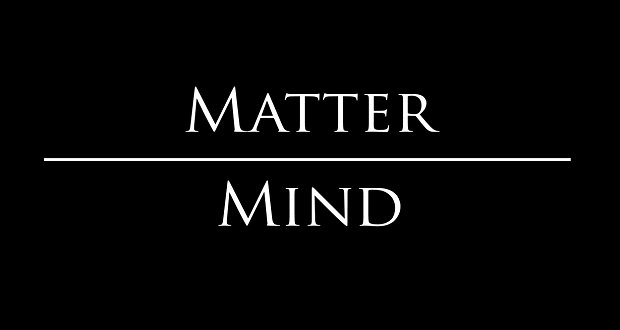
Organizations have always had high regard for the role of thinking, knowledge, and ideas in the workplace but in the ever-growing knowledge economy this focus on the mind is becoming more vital. We see this in the added emphasis on organizational theory, leadership development and practices related to knowledge management.
I would argue that theory, ideas and knowledge are vital to the life and success of any organization but a focus on ideas is not without its challenges. Much of organizational theory started and continued in the Western world, under mostly Western universities and thought leaders. And for much of Western history, there has been an overwhelming emphasis on cognitive individualism—the idea that thoughts come from an individual’s mind, are internal, and are an inherent product of personal brain activity.
This focus on the individual mind dominated much of modern psychology and is how most of contemporary society continues to conceive of mental activity. There are however a growing number of scholars who argue that individualistic conceptions of the mind are far too one-sided and ignore a large part of what shapes individual cognition—namely, the cultures and societies in which the mind resides.
Scholars who stress the role of culture in thinking range from cultural psychologists, culture cognitivists, and several neuroscientists. Although there are disagreements to the varying degree to which culture shapes ones ideas, the central focus on culture as a shaping force is what unites these thinkers. There is an obvious shift in their research from a strictly individual explanation to where ideas come from to a more nuanced explanation that includes the vital role that society plays.
The implications of this research for organizations are far reaching. Organizations that operate out of a cognitive individualist framework will assume that ideas start from the individual and emanate outwards to the rest of the company. Again, this may explain part of the ways ideas have influence, but it’s not the whole story. Organizations not only foster knowledge, they also create it.
Two examples come to mind that illustrate how organizations (as cultures) help to create knowledge. One, in D&I work there is sometimes the assumption that, if we can change the thinking, we will change the behavior. While true, our emphasis on education and training can also miss the ways in which a diverse environment also helps create new knowledge and business practices. In other words, as we create more equitable and diverse work cultures, we will inevitable change the diverse thinking and behaving of the individuals in that culture, from the outside-in.
Second, Google and Facebook both realize the importance of one’s environment in shaping ideas with their elaborate attempts at creating innovative, fun work places. The question becomes, “are Google and Facebook attracting the most creative talent, or creating it?” I’m not sure the answer is cut and dry, but it’s probably some combination of both. I can’t help but think that the creative culture helps to spur on creative ideas. Ideas do not always come from our heads and into our hands and feet. Sometimes it’s the other way around. Our cultures create the parameters for our thoughts, in either constraining or empowering ways. We should aim not only for more innovative and equitable thoughts in our organizations, but for more innovative and equitable organizations for our thoughts.


















